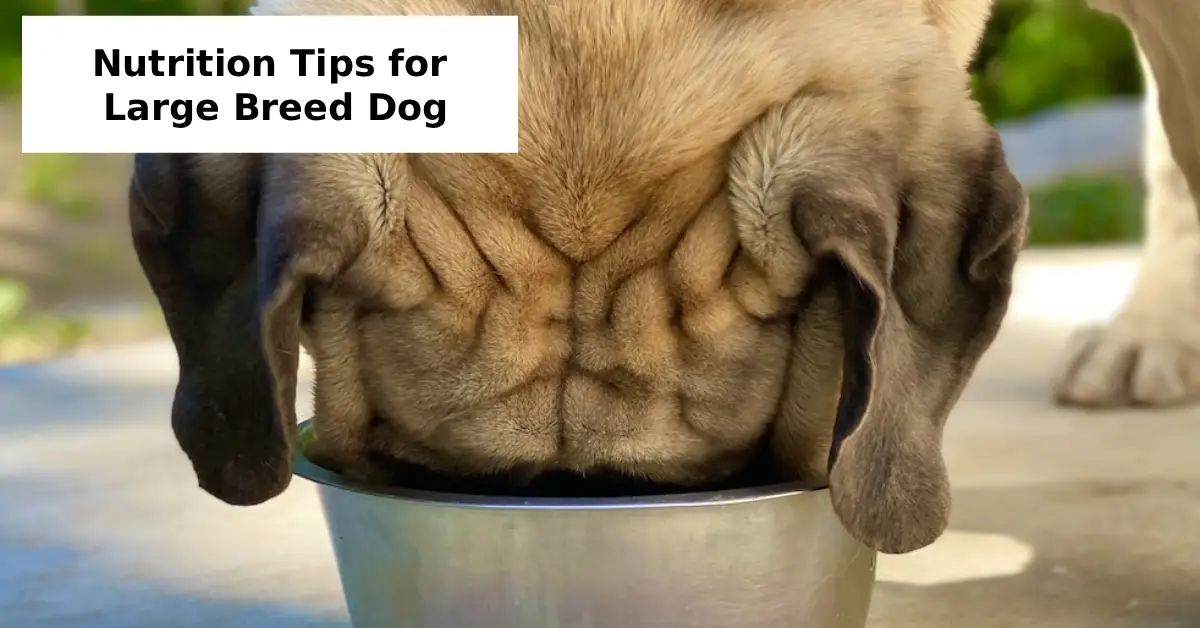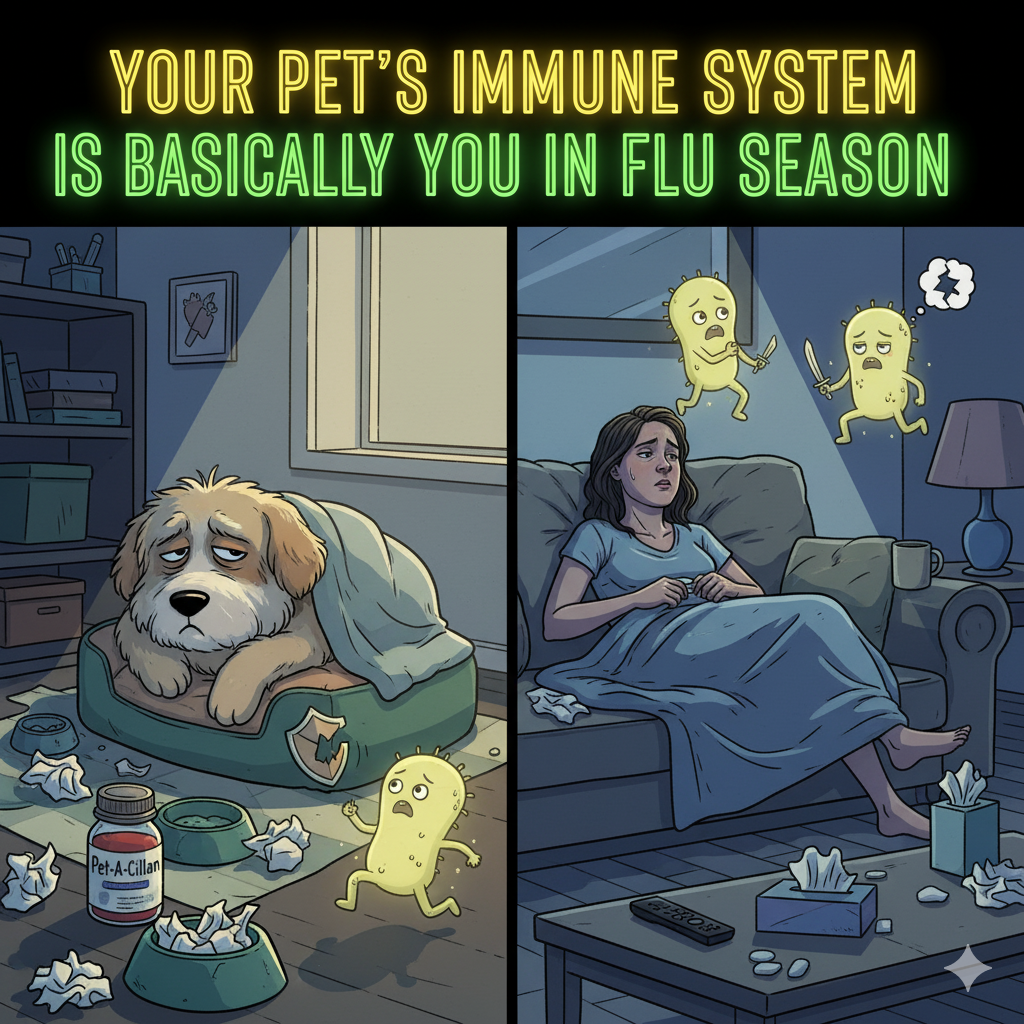Caring for large breed dogs requires a specialized approach to nutrition, given their unique metabolic and developmental needs. Whether you are an owner of a large breed dog in the United States, a prospective owner researching nutrition, or a veterinary professional advising clients, understanding the essentials of large breed dog nutrition tips can help enhance the health and longevity of these majestic companions.
Why Large Breed Dog Nutrition Tips Matter
Large and giant breed dogs, such as Great Danes, Mastiffs, and Saint Bernards, differ significantly from smaller breeds in terms of their nutritional demands. They have different growth rates, joint stress levels, and caloric needs, which means their diet should be carefully tailored to support their size, activity levels, and life stages. Large breed dog nutrition tips focus not only on providing balanced nourishment but also on preventing common issues like joint problems and obesity.
Key Nutritional Needs for Large Breed Dogs
- Calcium and Phosphorus in Large Breed Diets
The balance of calcium and phosphorus is crucial in large breed dog food nutrition. These minerals support bone growth and maintenance, which is particularly important for puppies as their skeletons develop rapidly. Too much or too little of these minerals can lead to skeletal deformities and joint issues. Breeders specializing in large and giant dog breeds emphasize feeding puppies diets formulated specifically for large breeds with optimal calcium-to-phosphorus ratios.
- Protein Requirements for Large Breed Dogs
Protein supports muscle development and overall body maintenance. Large breed dogs require high-quality protein sources, but their protein intake should neither be excessive nor deficient. The protein quantity and quality in the best dog food for large breeds help in maintaining muscle mass and supporting metabolic health throughout a dog’s life stages.
- Joint Health Supplements for Large Dogs
One of the greatest concerns for large breed dog owners is joint health due to the increased strain their size places on joints. Nutritional supplements such as glucosamine, chondroitin, and omega-3 fatty acids are often recommended to help prevent arthritis and maintain joint mobility. Veterinary professionals and pet nutritionists frequently advocate incorporating these supplements early in life to support ongoing joint health.
Best Diet for Large Breed Puppies
Large breed puppies grow at a different pace compared to smaller breeds and require a diet specially designed to support controlled growth. Large breed dog feeding guidelines suggest feeding puppy formulas rich in protein but with controlled calories to avoid rapid growth that can stress developing bones. This best diet for large breed puppies supports healthy development without causing issues such as hip dysplasia.
Preventing Obesity in Large Breeds
Obesity is a widespread issue among large breed dogs that can exacerbate joint problems and reduce lifespan. Large breed dog weight management begins with a balanced diet and healthy exercise routines. Nutritional needs for giant breed dogs must focus on controlled calorie intake and high fiber content to promote satiety while preventing overeating. Owners of large breed dogs in the United States often consult with dog trainers and caretakers to develop comprehensive weight management plans to keep their dogs fit and active.
Senior Large Breed Dog Nutrition
As large breed dogs age, their nutritional needs change. Senior large breed dog nutrition requires lower calorie food with continued joint support and high digestibility. Elderly owners with senior large breed dogs needing special diets often look for formulations that support muscle maintenance and reduce inflammation, improving their pets’ quality of life.
Large Breed Dog Feeding Guidelines
Feeding guidelines for large breed dogs focus on portion control and frequency to avoid overfeeding, which could lead to obesity. Multiple smaller meals a day are recommended over one large meal to aid digestion and prevent bloat, a potentially fatal condition common in deep-chested dogs. Pet store and specialty dog food buyers focused on large breed diets are encouraged to choose foods labeled specifically for large or giant breeds.
Conclusion
Understanding and implementing effective large breed dog nutrition tips is essential for owners and professionals alike. From optimal calcium and phosphorus ratios to the right protein intake and joint health supplements, these nutritional factors significantly impact a large breed dog’s overall health. Special attention to the best diet for large breed puppies and senior dogs ensures longer, healthier lives. Preventing obesity and following clear feeding guidelines also protect joint health and support weight management, enhancing the wellbeing of these beloved animals.
Owners of large breed puppies focusing on healthy growth and development should prioritize nutrition plans tailored to breed size and life stage. Whether you are a breeder, veterinarian, or dog trainer, focusing on expert-led, evidence-based nutrition helps build trust and ensures the best care for every large breed dog.






1 thought on “Essential Nutrition Tips for Large Breed Dog Owners”